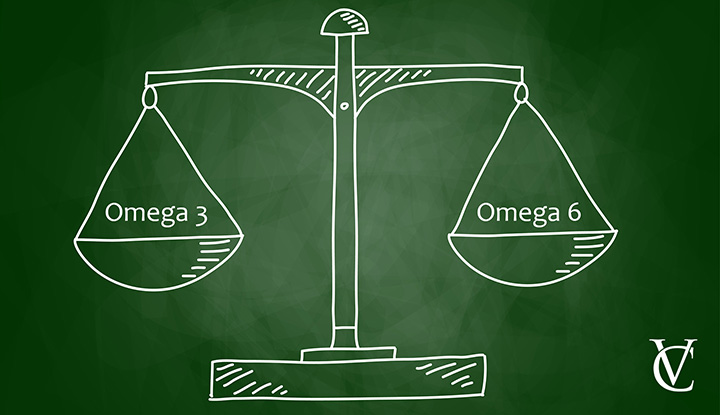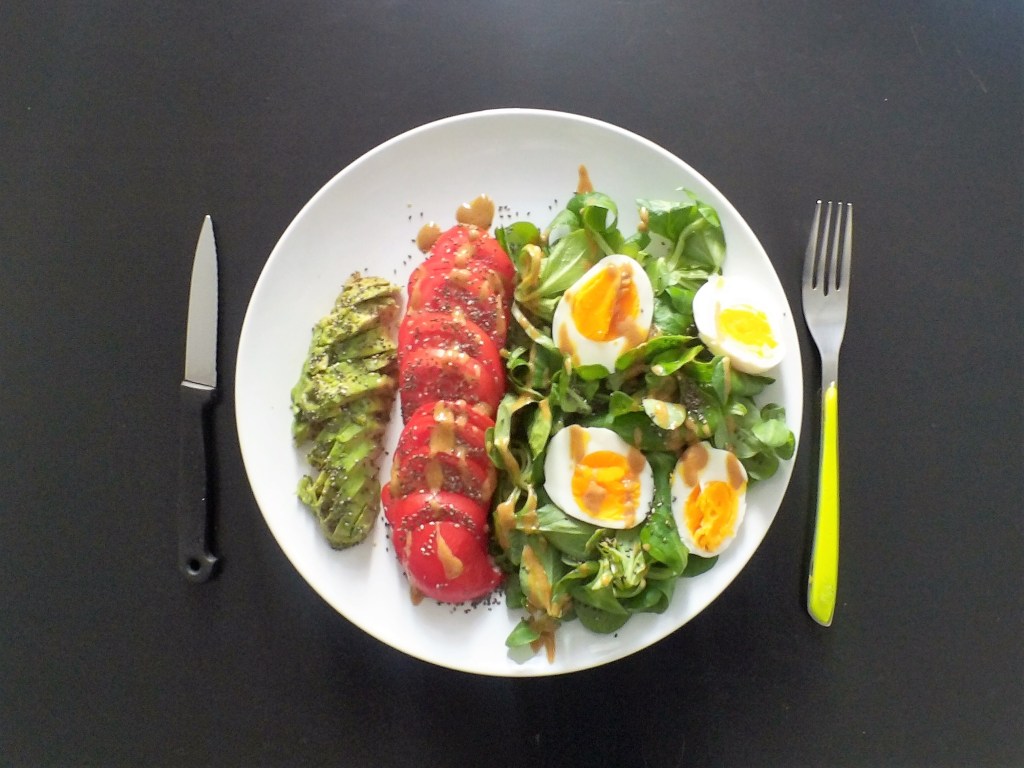The role of omega 3s is just monumental in being healthy. Whether you are athletic or not, the deficiencies can have repercussions in several ways: cardiovascular disorders, depression, fat gain, body aches that last, vision problem … And the list is still long. In general, your whole body is idling. But what do omega 3s represent? And which ones to favor when you are vegetarian or vegan?
Why eat omega 3
Omega 3s, along with omega 6s, make up polyunsaturated fatty acids and are part of the lipid family.
They are said to be essential because the body is not able to produce them on its own and therefore must be provided through food.
Athletes have additional omega 3 needs for several reasons: increased blood flow to the muscles, decreased muscle aches, increased lipolysis (use of fat as a source of energy), and many more others…
Whether you are vegetarian or not, if you do not pay enough attention to your diet, there is a good chance that you are deficient in omega 3. There are two ways to be deficient :
– By not consuming enough omega 3s
– By consuming too many foods rich in omega 6, which unbalances the omega 6/3 balance
In today’s society, it is especially the excess omega 6 that is found. Omega 3s are found in two different forms in nature: ALA and the second form which combines two variants: EPA and DHA. Without going into the details of synthesis and conversion in the organism, we can say in a simple way that the omega 3 present in fish (EPA and DHA) are much more effective in the body.

No panic for vegetarians and vegans. It would indeed seem that the consumption of omega 6 (present in large quantities in animal flesh due to the food given to animals during breeding) has a negative influence on this conversion. So, if you are vegetarian / vegan, you normally have a much lower amount of omega 6 in your diet and you improve this synthesis more easily. However, you must ensure that you consume sources of omega 3 at all meals to compensate for the absence of fish on your plate.
The best sources of omega 3 for a vegetarian / vegan athlete
Oils
Linseed oil, camelina oil, hemp oil, rapeseed oil, soybean oil and olive oil are the preferred oils. The first four oils have a 6/3 ratio of no more than 2 and are therefore extremely beneficial for the body.
Dried fruits and oilseeds
Walnuts, almonds, pistachios, hazelnuts and cashews are also a good way to reduce your omega 6 level. They are also loaded with vitamins, minerals and trace elements. A handful of nuts covers a large part of the daily omega 3 requirement.
Seeds and plants
Chia, flax, squash and hemp seeds are also good sources of omega 3, ideal as a seasoning on salads for example.
Purslane is an edible plant that can also be eaten in salads.
Fruits and vegetables
Avocado , whose presentation is no longer of great interest as its nutritional profile is interesting.
Its omega content 3 is excellent.
Seaweed (nori, kombu, dulse, kelp…), little known to the general public, are nevertheless precious allies for someone who wishes to increase their ration of omega 3 and vary your diet. Seaweed has a huge advantage: it is rich in DHA acid, which has previously been seen to be more bioactive than ALA in the body. DHA acid also has the potential to convert to EPA acid, DHA and EPA being the sources of omega 3 found in fish.
Salads: lamb’s lettuce, lettuce, mesclun, arugula have a low omega 3 content, but can be integrated into your diet to supplement your intake.
Eggs
Eggs are naturally rich in omega 3. If you consume it (that you are vegetarian), choose the farmers (and if possible with knowledge of the producer…) and coming from hens fed on flax seeds. Farmed eggs are to be banned, for ethics and health. Stress due to the conditions in which the hens are kept is also a very important factor in the quality of the egg.
Plant milks
Most plant-based milks like soy milk or almond milk come in an omega 3 enriched version, which is a good way to balance the balance using these alternatives in your milk-based recipes.

Food supplements
If you eat different foods rich in omega 3 every day, you are unlikely to have deficiencies. But as an athlete, the contribution should not be taken lightly.
If you are in doubt, however, there are food supplements. These are capsules containing microalgae, suitable for vegetarians and vegans. As explained above, algae have the particularity of presenting similarities with fish in the quality and synthesis of omega 3 available. Their appearance on the market is recent but they are found more and more easily on the internet.
Be careful, however, to find out about the origin of the product. In addition, if you are vegan, you will need to check that the capsules do not contain animal gelatin. There is for example the testa brand that offers vegan omega 3 (you can click on the link or the image to be redirected to Amazon):
We can conclude that there are many ways to get enough omega 3, the whole being to take good habits with each meal. Do not hesitate to share in this article you know someone who needs to learn about ways to be healthy while adopting a vegetarian diet.

